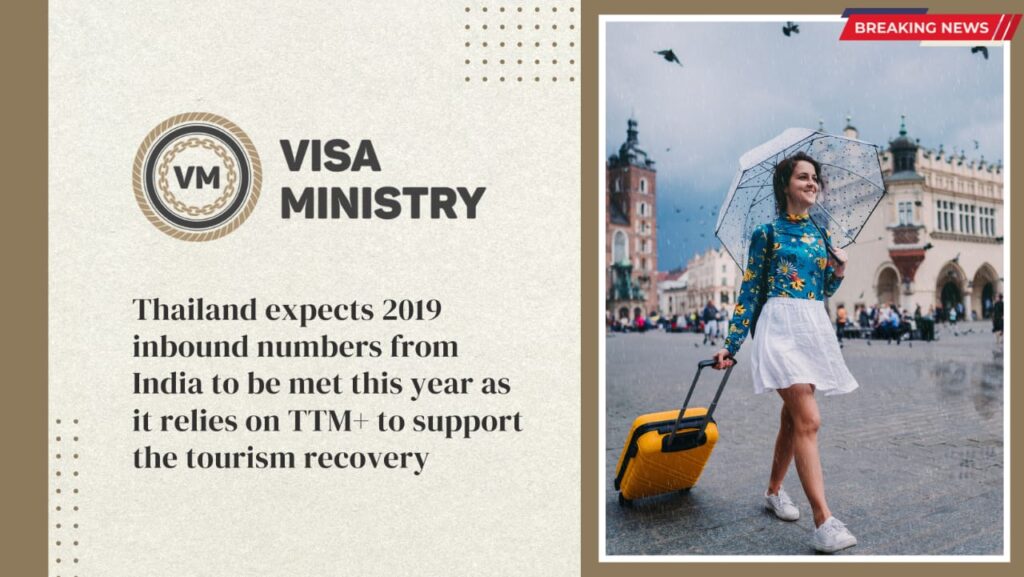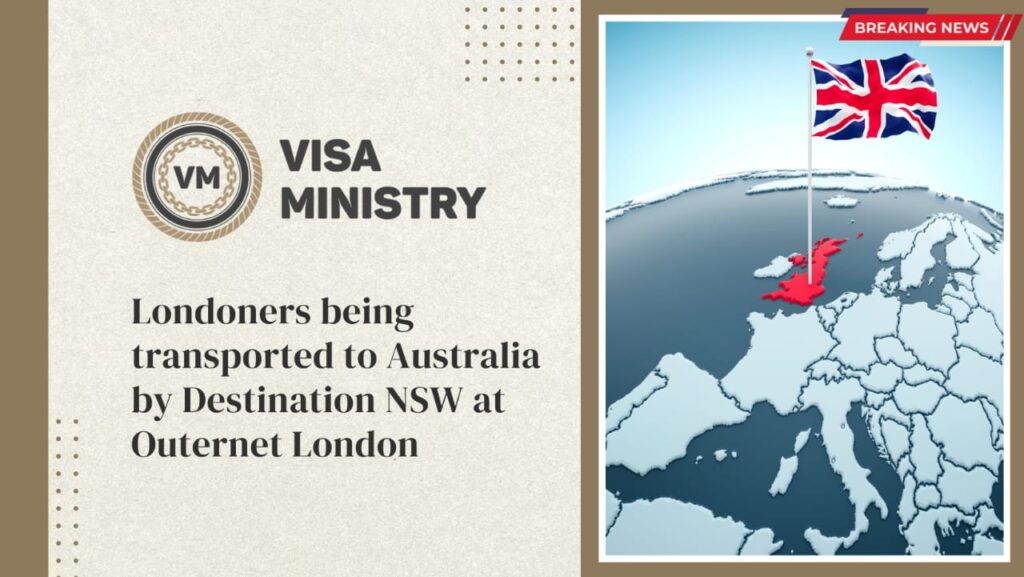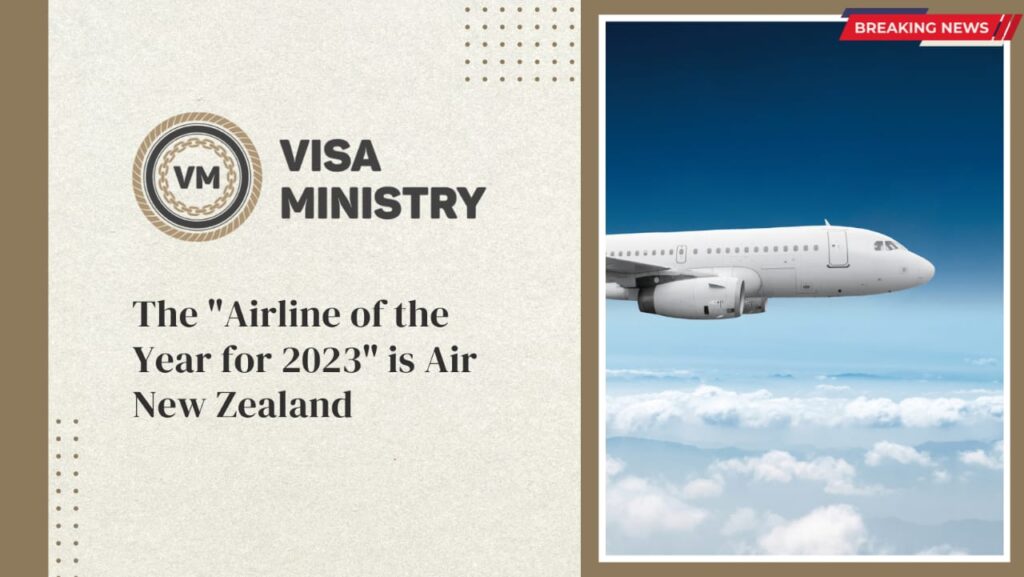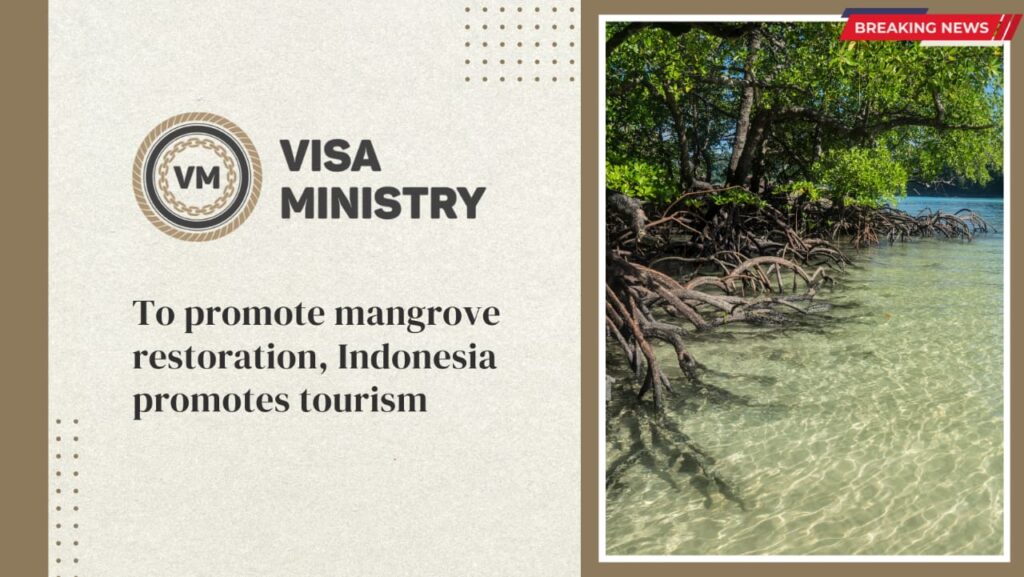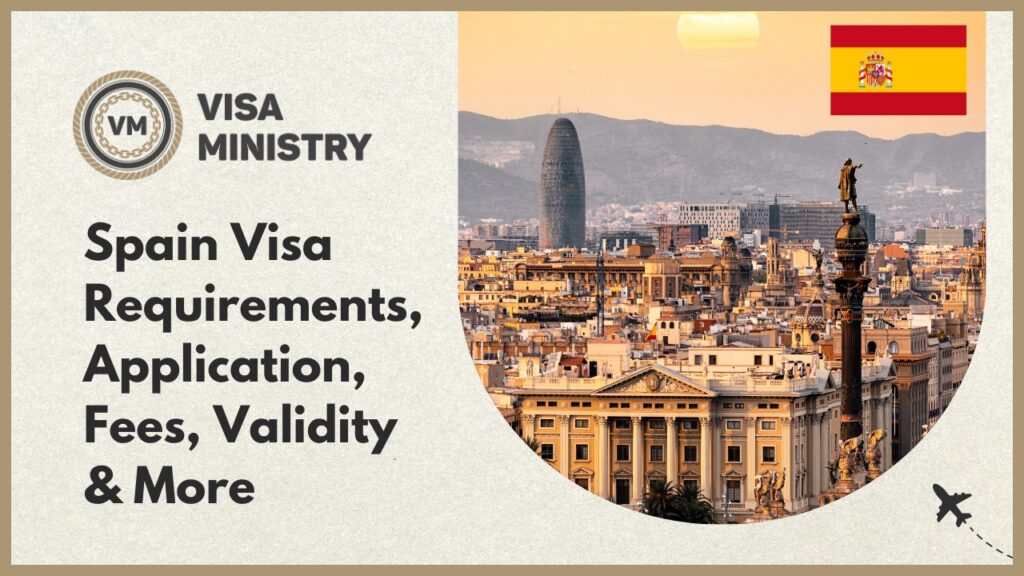Exploring 10 Natural Wonders of the world
Welcome to the world of natural wonders! Mother Nature never ceases to amaze us with her stunning creations, from towering mountains to vast deserts and cascading waterfalls. Exploring these marvels can leave you in awe of the power and beauty that surrounds us. So let’s embark on a journey together as we discover 10 of the most breathtaking natural wonders that exist on our planet. Get ready for an adventure full of wonder, excitement, and inspiration! 1. Niagara Falls Niagara Falls is a breathtaking natural wonder located on the border between Canada and the United States. The falls consist of three separate waterfalls, Horseshoe Falls, American Falls and Bridal Veil Falls. Horseshoe Falls is the largest of the three and can be found on the Canadian side. It’s estimated that around 90% of all Niagara River flows over this massive waterfall. Visitors can experience Horseshoe Falls up close by taking a boat tour or viewing it from various observation decks. American Falls and Bridal Veil Falls are located on the American side of Niagara Falls. While they may not be as large as Horseshoe falls, they still offer spectacular views for visitors to enjoy. In addition to its stunning beauty, Niagara Falls has been an important source of hydroelectric power for over 100 years. The falls generate enough electricity to power cities in both Canada and the United States. Visiting Niagara falls is an unforgettable experience that should be at the top of everyone’s bucket list! 2. Mount Everest Mount Everest is the highest mountain in the world, standing tall at 29,029 feet. It is located in the Himalayas and has been a popular destination for mountaineers since it was first summited by Sir Edmund Hillary and Tenzing Norgay in 1953. Climbing Mount Everest is not an easy feat as it requires proper training, equipment, and experience. The climb can take up to two months and includes acclimatization periods to avoid altitude sickness. But despite its challenges, many people attempt to climb Mount Everest every year. Unfortunately, this has led to overcrowding on the mountain and numerous deaths due to avalanches, altitude sickness, or other accidents. In recent years there have been efforts made by Nepal’s government to address these issues with new regulations that require climbers to have prior high-altitude climbing experience before attempting Mount Everest. Despite its dangers, Mount Everest remains a popular attraction for adventurers seeking a challenging climb or just wanting to admire its breathtaking beauty from afar. READ ALSO: 20 Tips for a wonderful Trip to Bali 3. The Northern Lights The Northern Lights, also known as Aurora Borealis, is a natural wonder that truly takes your breath away. It is a spectacular light show that occurs in the sky when electrically charged particles from the sun collide with particles in Earth’s atmosphere. This breathtaking display of green, pink, and purple lights dancing across the night sky can only be seen in certain parts of the world during specific times of the year. The best viewing locations for this phenomenon are typically in northern countries such as Iceland, Norway, and Canada. There is something magical about seeing these vibrant colors illuminate the darkness of night. The Northern Lights have fascinated people for centuries and continue to captivate visitors who come from all over the globe just to witness their beauty. Although it may take some patience and good timing to catch a glimpse of this natural wonder, it is an experience that should not be missed. Whether you’re watching from a hot tub or camping under starry skies, witnessing The Northern Lights will leave you feeling humbled by nature’s power and beauty. 4. Victoria Falls Victoria Falls is one of the most awe-inspiring natural wonders in the world. Located on the Zambezi River, between Zambia and Zimbabwe, it’s a breathtaking sight to see. The falls are nearly two kilometers wide, making them one of the largest waterfalls in the world. Visitors can experience Victoria Falls from both sides of the border. On the Zambian side, travelers can walk along a path that takes them right up to the edge of the falls. This viewpoint offers an up-close look at its beauty and power as water cascades over 100 meters into a misty canyon below. On the Zimbabwean side, visitors can take advantage of several viewpoints overlooking Victoria Falls’ main section: Devil’s Cataract, Main Falls and Horseshoe Falls. There are also many activities available such as bungee jumping or white-water rafting for those who want more adventure. But no matter which side you choose to visit or what activity you do- seeing this magnificent waterfall will leave you feeling humbled by nature’s grandeur and power! 5. The Grand Canyon The Grand Canyon is one of the most famous natural wonders in the world. It is located in Arizona, USA and attracts millions of visitors every year. The canyon was formed over millions of years by the Colorado River carving its way through layers of rock. The Grand Canyon is not just a big hole in the ground. It offers stunning views from different angles and perspectives. There are many hiking trails that allow visitors to explore different parts of the canyon, each with their own unique features. One popular trail is Bright Angel Trail which descends into the canyon for 9.5 miles before reaching Phantom Ranch at the bottom. Another popular spot is Havasu Falls, a turquoise-colored waterfall located within Havasupai Indian Reservation. Aside from hiking and exploring, visitors can also enjoy other activities such as rafting down the Colorado River or taking a scenic flight over the vast expanse of red rocks that make up this iconic natural wonder. Visiting The Grand Canyon should be on everyone’s bucket list as it truly showcases nature’s beauty at its finest. 6. Sahara Desert The Sahara Desert is one of the most iconic natural wonders in the world. It spans over 3.6 million square miles, making it the largest hot desert on earth. This vast expanse of
Exploring 10 Natural Wonders of the world Read More »

